Crafting Confidence: How Makeup Can Inspire Kids
In recent years, the beauty industry has shifted to a more inclusive vision of what it means to be beautiful. With that shift comes a unique opportunity to instill confidence in children through the art of makeup. While traditionally associated with adulthood, makeup can serve as a powerful tool for self-expression and personal empowerment for kids. Crafting confidence through makeup is more than just applying color to the face; it’s about building self-esteem, enhancing creativity, and fostering a sense of identity.
The Psychological Benefits of Makeup for Kids
Self-Expression and Individuality
For many children, makeup provides a canvas on which they can express their individuality. As they experiment with colors and textures, they explore different aspects of their personalities. This form of self-expression can significantly boost self-esteem. A study published in the Journal of Experimental Social Psychology shows that self-distinctiveness positively correlates with happiness and well-being[^1].
Children often look up to role models, including characters in movies, television shows, and social media influencers. When they see these figures express themselves through makeup, it opens the door for them to explore their creativity. Wearing makeup can become a way for children to align their outward appearance with their inner selves, leading to a greater sense of authenticity.
Overcoming Insecurities
Jasmine, a 10-year-old girl, struggled with confidence due to her own insecurities about her features. After her mother introduced her to makeup as a form of play, Jasmine found joy in transforming her look, using it as a way to boost her self-esteem. The act of applying makeup became a ritual that helped her embrace her unique qualities rather than hide them. Research indicates that engaging in grooming or beautification rituals can enhance positive feelings about one’s appearance, aiding in reducing feelings of insecurity[^2].
Building Empathy Through Understanding
Makeup can also serve as a way for children to understand other perspectives and enhance their empathy. For instance, when kids engage in face painting or collaborative makeup activities with friends, they can step into someone else’s shoes. These activities help develop an understanding of different personalities, cultures, and expressions. Empathy is a valuable life skill that can be enhanced through shared experiences, including playing with makeup.
The Role of Parental Guidance
Monitoring Usage
It’s essential for parents to ensure that their children’s use of makeup remains a fun and positive experience. Monitoring usage and setting boundaries can help children engage with makeup in a way that serves to build confidence instead of encouraging unhealthy comparisons. Rather than criticizing a child’s choice of makeup, parents can approach the situation with curiosity and open-mindedness, prompting conversations about self-identity and how they feel while wearing makeup.
Research in the Journal of Adolescence points to the significant role of parental guidance in shaping children’s perceptions of beauty. Parents who encourage open dialogues about beauty, self-expression, and self-worth contribute to a healthier relationship with makeup[^3].
Setting an Example
Parents can also set a positive example regarding makeup and beauty standards. By demonstrating a balanced perspective, they can help children understand that beauty is diverse and subjective. Educating children about famous makeup artists or the stories behind different beauty trends can foster a richer understanding of makeup as an art form rather than just a standard to achieve.
Makeup as an Educational Tool
Creativity and Imagination
Makeup can serve as a gateway to creativity. Children are naturally imaginative beings; introducing them to the makeup world can only enhance their creative instincts. They can develop storytelling exercises around the characters they create with makeup. This not only builds a skill set that includes color theory and spatial awareness but also teaches them that creation can take many forms.
Classes or workshops focused on makeup artistry can be engaging for kids and allow them to explore the technical aspects of makeup. Concepts like color matching, blending, and artistic design translate into valuable skills that go beyond the makeup application. Education in this area can ignite a passion for art, theater, or even cosmetology.
STEM and Makeup
Surprisingly, makeup can even intersect with STEM (Science, Technology, Engineering, and Mathematics) concepts. The chemistry involved in formulating cosmetic products offers a practical application of scientific principles. Kids can engage in experiments using safe, simple DIY makeup recipes, learning about everything from pH balances to the properties of different ingredients. This approach fosters curiosity and learning while also allowing for artistic expression.
The Potential Drawbacks
Pressure and Expectations
While makeup can be empowering, it can also come with drawbacks. Kids can feel pressured to conform to beauty standards that don’t necessarily align with their own natural beauty. This pressure often arises from social media, peer interactions, and even family expectations. Parents should take an active role in discussing these influences, emphasizing that makeup should enhance one’s features rather than hide them.
Mental Health Considerations
In some cases, excessive makeup use may indicate underlying mental health concerns, such as anxiety or low self-esteem. It’s essential for parents and guardians to be aware of the motivations behind a child’s use of makeup. Engaging in discussions about feelings can help differentiate between positive self-expression and negative self-image.
Fostering a Healthy Relationship with Makeup
Encouraging Natural Beauty
Parents can encourage children to love their natural features while exploring makeup. Conversations about beauty and its myriad forms can help children appreciate their unique qualities. Educational resources, such as books and websites that promote body positivity, can serve as helpful guides in cultivating a healthy relationship with beauty.
Community and Connection
Community plays a vital role in shaping a child’s perceptions of beauty and self-worth. Whether through makeup workshops or school programs, engaging children with peers and role models can create spaces where they feel supported in their self-expression. This sense of community can empower kids to embrace both makeup and their natural features, thereby fostering a balanced perspective on beauty.
Mindfulness Practices
Teaching mindfulness and self-acceptance practices can provide an essential foundation on which children can build their self-esteem. Incorporating mindfulness into makeup routines encourages children to focus on self-care rather than societal expectations. Teaching kids that self-worth comes from within can help combat negative influences, making makeup a fun addition rather than a source of anxiety.
Conclusion
Makeup can play a transformative role in the lives of children, serving as a medium for self-expression, creativity, and confidence-building. Through proper guidance and understanding, parents can harness the positive aspects of makeup to help their children realize their potential and embrace their uniqueness. With the right balance, makeup can be much more than just a beauty product; it can be a source of confidence and empowerment, enabling kids to craft the individuals they aspire to be.
In the end, it’s essential to remember that makeup is merely a tool. Its most profound impact lies not in the application of colors but in what it teaches children about themselves: that they are unique, worthy, and beautifully made, just as they are, both with and without makeup.















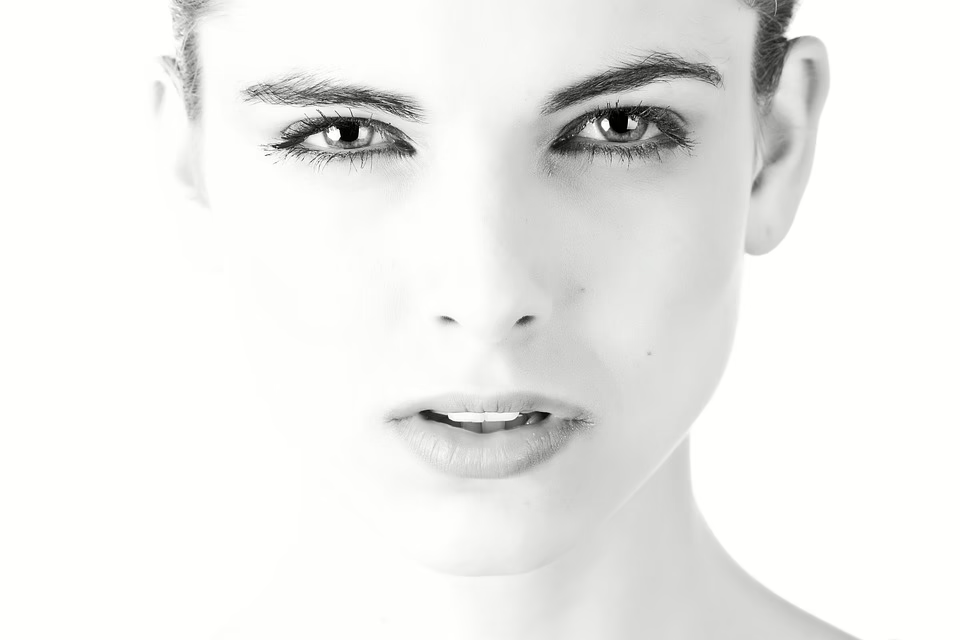
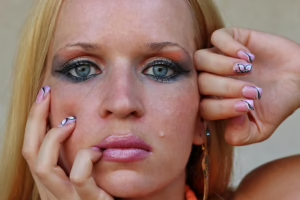
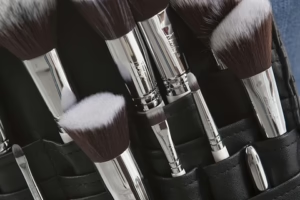
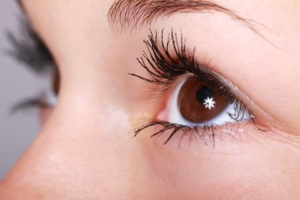
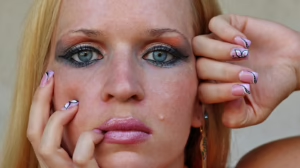
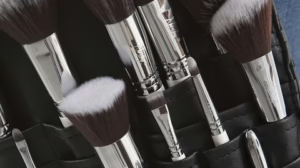
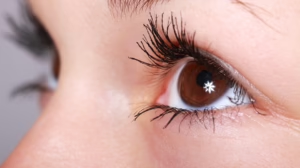




Add Comment